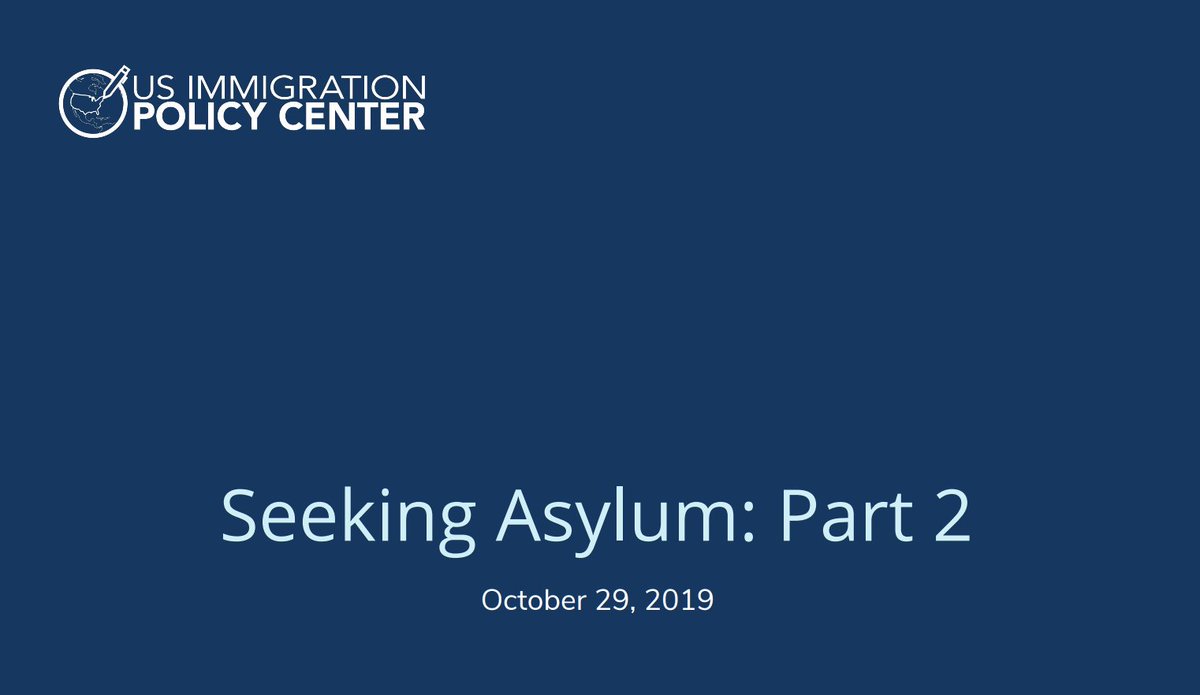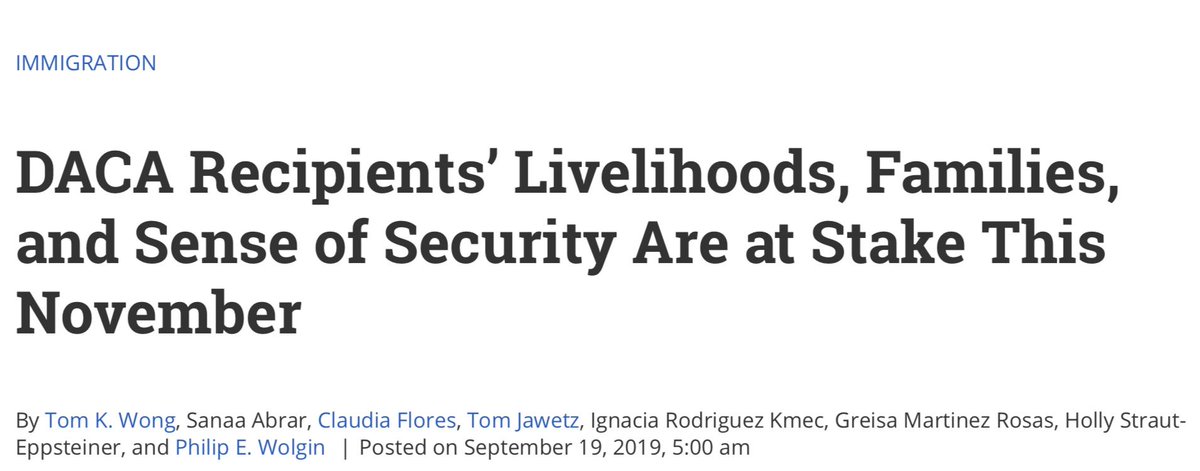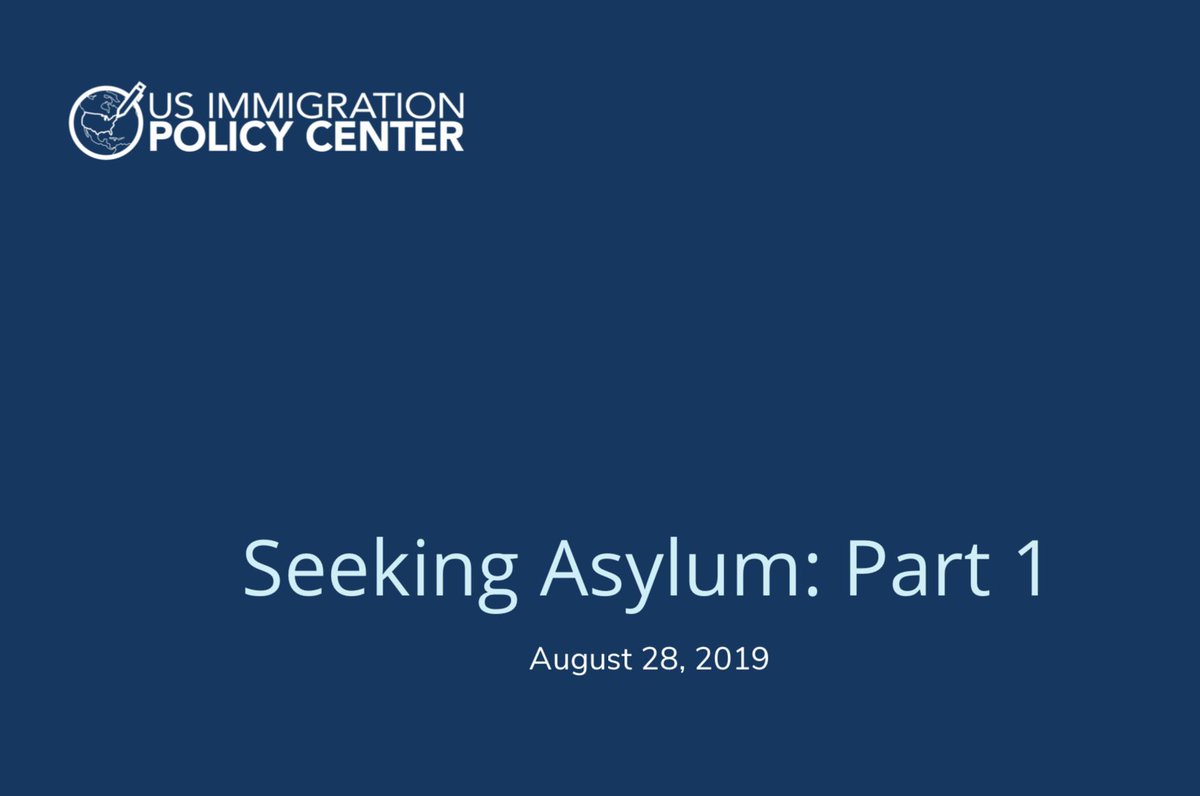My new report showing how the #PublicCharge rule will negatively impact undocumented immigrants and their families usipc.ucsd.edu/publications/u… 1\ 

Before diving into the data, much attention has been paid to how the #PublicCharge rule will affect future flows into the U.S. Less attention has been paid to how the rule will affect undocumented immigrants who want to adjust their immigration status 2\
DHS wrote a section about #PublicCharge and undocumented immigrants who wanted to legalize under IRCA in 1986. If #PublicCharge is a backdoor to decreasing legal immigration, it is also a barrier to undocumented immigrants attempting to adjust their status 3\ 

And if language like this 👇 is interpreted to apply to undocumented immigrants who are currently working in the U.S. without authorization, the new #PublicCharge rule could prove to be an insurmountable obstacle to undocumented immigrants attempting to adjust their status 4\ 

In our survey experiment, we found that when undocumented immigrants are told about the proposed #PublicCharge rule, they are significantly less likely to get emergency healthcare services when needed 5\
When told about the proposed #PublicCharge rule, they are also significantly less likely to get preventive healthcare, such as regular's doctors visits, and are significantly less likely to get free immunization services 6\
These patterns hold for undocumented parents, as they are significantly less likely to get emergency healthcare, preventive healthcare, or free immunization services for their children when told about the proposed #PublicCharge rule 7\
Undocumented parents with children in K-12 education were also significantly less likely to get free or reduced-priced school meals for their children 8\
We fielded the survey experiment before the final #PublicCharge rule was released. We may be under-estimating the negative effects of the rule. When the rule becomes official policy, I expect the effects to be much more acute \end
• • •
Missing some Tweet in this thread? You can try to
force a refresh








